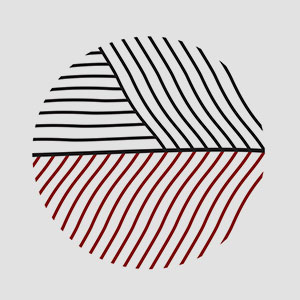
The Igarapé Institute launches the Forced Migration Observatory
At last one person around the world is forced from their home and property every single second. Many of them – about 22 million – are refugees. Even more – some 36 million – are internally displaced. While the majority of displaced people are fleeing


